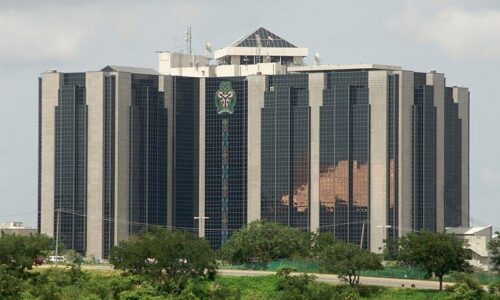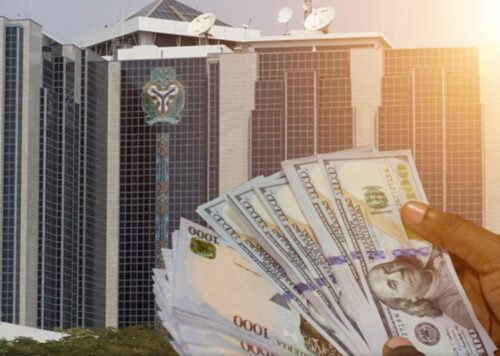
Nigeria’s interbank lending rate soared to a five-year high of 28.58% in January 2025, underscoring the Central Bank of Nigeria’s (CBN) aggressive efforts to tighten monetary policy. This sharp increase reflects the apex bank’s strategy to rein in inflation by restricting liquidity in the financial system.
The interbank lending rate represents the interest banks charge each other for short-term loans, usually overnight, to maintain liquidity. A rising rate indicates tighter cash conditions in the financial system, making it more expensive for banks to borrow funds. This, in turn, translates to higher borrowing costs for businesses and consumers.
Over the past five years, interbank rates have experienced a significant climb. CBN data reveals that rates were as low as 4.40% in January 2021 before peaking at 28.58% in January 2025. Financial analysts attribute this surge to the CBN’s shift from an expansionary monetary stance in 2020, aimed at economic stimulus, to a stricter policy focused on curbing inflation.
The consequences of rising interbank lending rates are far-reaching, particularly for businesses relying on bank loans for expansion and operational expenses.
“The spike in interbank rates aligns with the CBN’s tighter monetary stance,” said Ayokunle Olubunmi, Head of Financial Institution Ratings at Agusto & Co. “This has significantly raised funding costs for businesses, with prime lending rates now exceeding 30%.”
Similarly, Tilewa Adebajo, CEO of CFG Advisory, pointed out that the escalating interbank rates are a direct outcome of the CBN’s decision to hike the Monetary Policy Rate (MPR) in a bid to contain inflation.
Over the last five years, the CBN has steadily increased the MPR from 11.50% in 2021 to 27.50% in 2025. Notably, within the past year alone, the rate was raised by 875 basis points—one of the most aggressive monetary tightening measures in recent history.

While these measures have contributed to lowering inflation (which fell to 23.18% in February 2025 from 24.48% in January following a rebasing exercise) they have also drained liquidity from the banking sector. To further curb excess cash, the CBN increased its Open Market Operations, selling N11.8 trillion in securities in 2024, a staggering 1,773.7% increase from N627.2 billion in 2023. By absorbing excess liquidity, Open Market Operations sales make borrowing more expensive and tighten financial conditions.
As of March 26, 2025, short-term borrowing rates have risen further, with the overnight lending rate reaching 32.83% and the Open Repo Rate standing at 32.42%. These developments suggest that banks are struggling with liquidity shortages, forcing them to pay steeper interest rates for short-term funds.
Despite the expectation of some easing in borrowing costs, past rate hikes will continue to influence lending markets. Aloysius Uche Ordu, a member of the Monetary Policy Committee (MPC), noted in his February meeting statement that while borrowing costs may stabilize in the coming months, the effects of previous rate increases will linger.
For businesses and consumers, high borrowing costs are likely to persist in the near term as the CBN remains focused on economic stability. As financial conditions tighten, companies must explore alternative financing strategies, while consumers may face elevated costs for loans and credit facilities.


